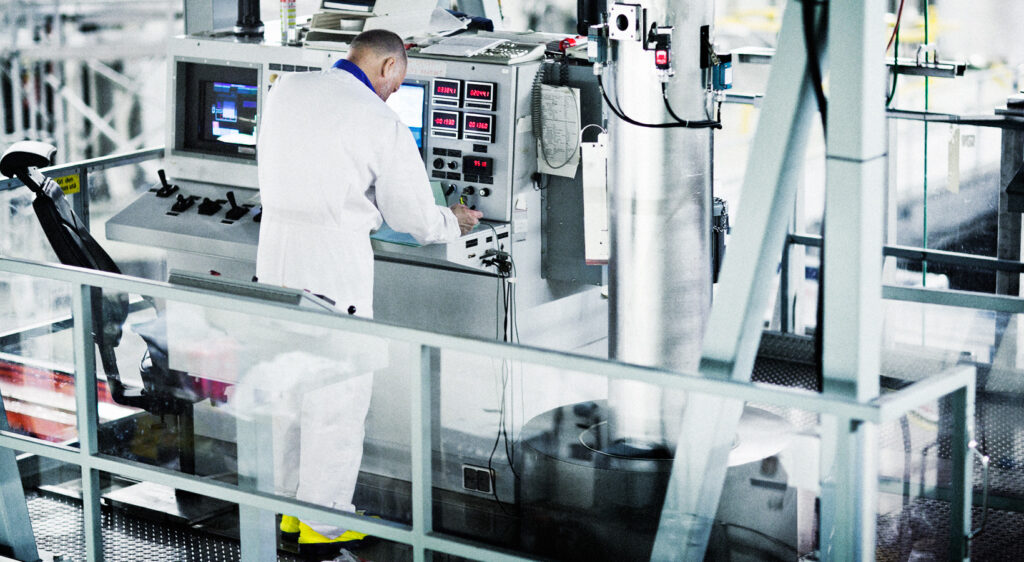The short answer is “To make it easy to package and ship code.”
Docker can be your assembly line for software production. If you’re building software with complex architecture, using software like Docker can significantly reduce the time for software development, testing, and deployment through the use of “containers”. For the client, this approach can significantly reduce software development costs, accelerate delivery cycles and launch times of ideas, and potentially decrease coding errors that hinder your services and hurt the bottom line. Docker is used by thousands of companies as part of their DevOps processes and its adoption is expected to continue to grow. Here are a few examples: Red Hat, Rackspace, Spotify, and more!
One of Docker’s great attributes is its ‘malleability.’ You can rapidly build things and tear them down if needed, enabling you to nimbly adapt when an urgent application deployment arises. Docker’s greatest utility is in situations where a client or project needs to quickly stand up a developing and testing environment, an application, and all the associated dependencies. We plan to show how we are using Docker internally and externally to service both our clients’ and our needs.
To a technologist, the beneficial aspects of Docker are clear; however, there are other benefits that accrue to the end user as well. First, the end user more than likely will not need to modify their hardware and software setup to accommodate Docker assembled applications. Applications will not force the user to restart the whole application or worry about ‘fluff’ filling their servers. Finally, the isolation feature inherent with Docker containers walls off the application while also reducing the draw on computing power providing some additional security advantages and better overall performance of computing platforms.
We will be hosting a workshop on 12/17 that will focus on the technical side of using Docker. We will present Docker basics for both Linux and Windows, as well as doing a review of Docker Compose and other Docker tools. While we want everyone to know about how to use these features, we also hope that from this workshop you will be able to take away how Docker fundamentally works, the benefits of it, and why it’s gaining widespread adoption.
You can sign up here and contact us at solutions@anant.us if you have any questions!



